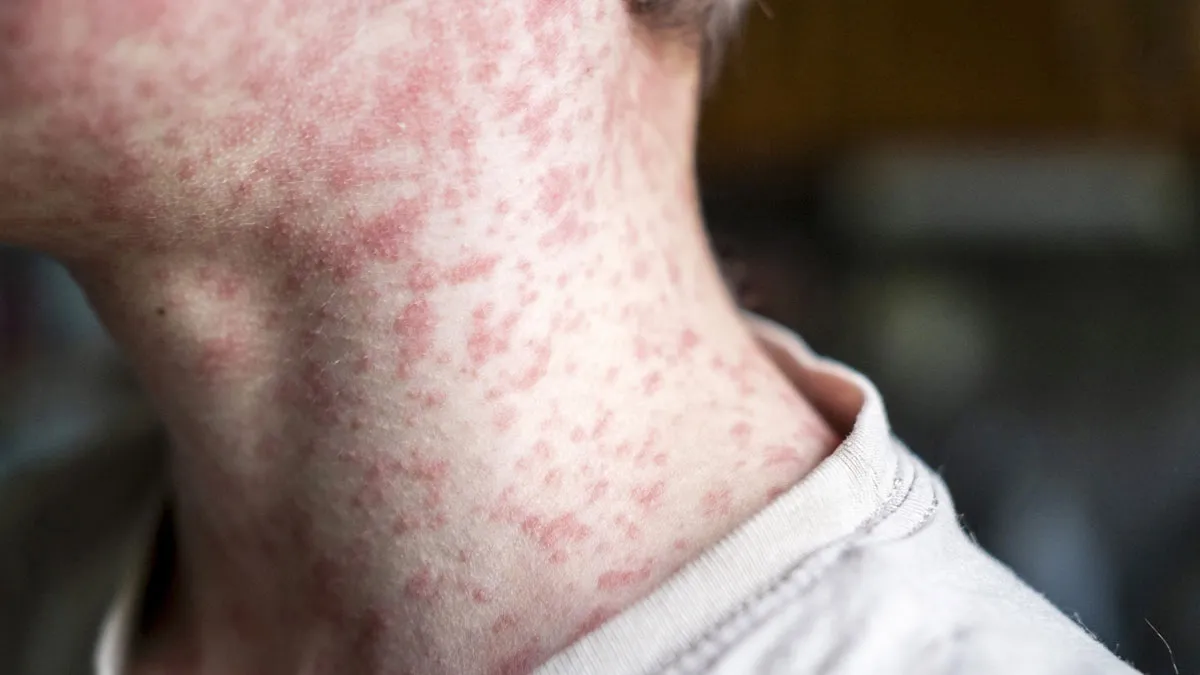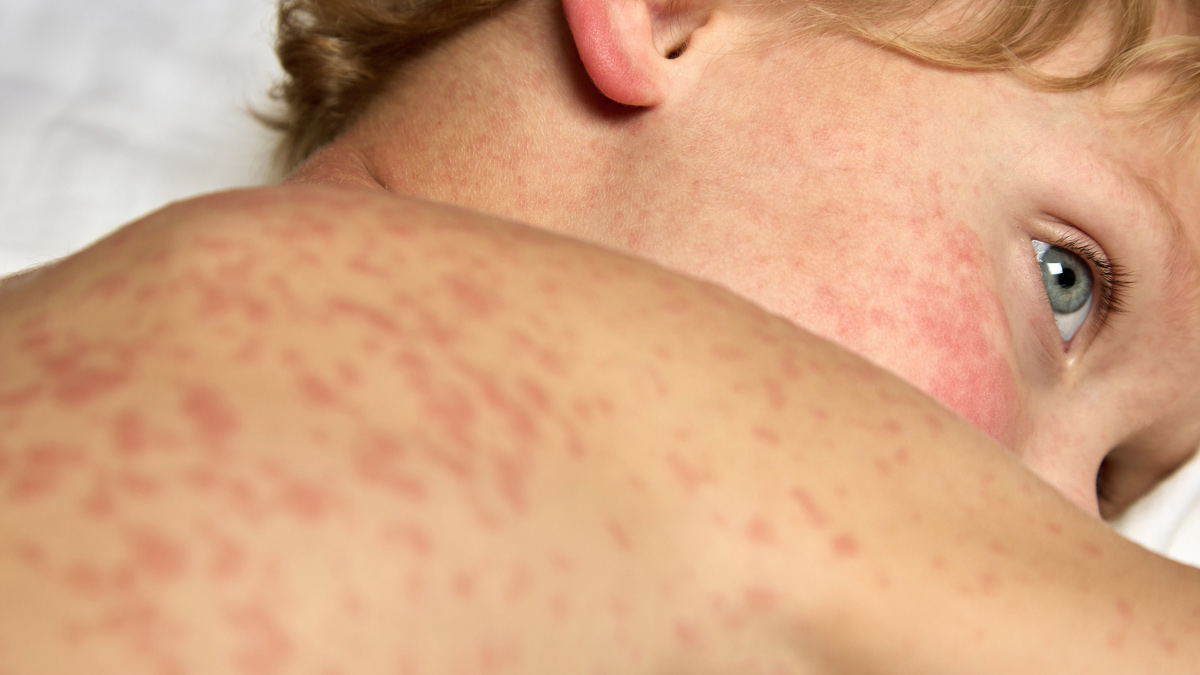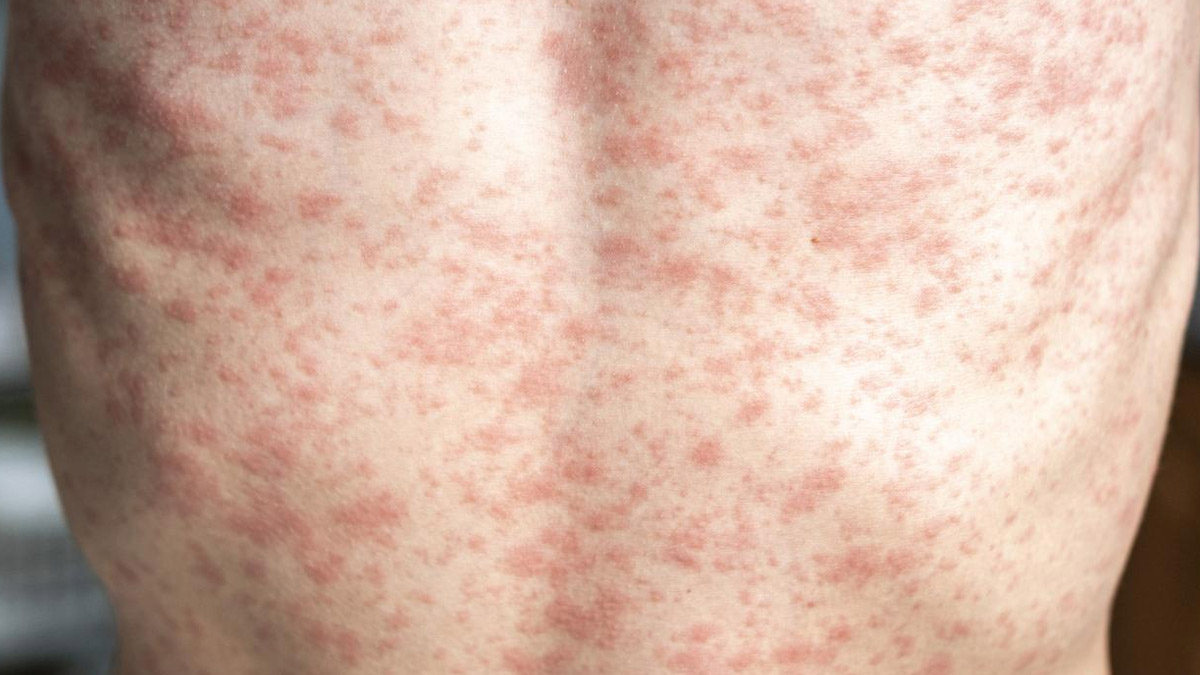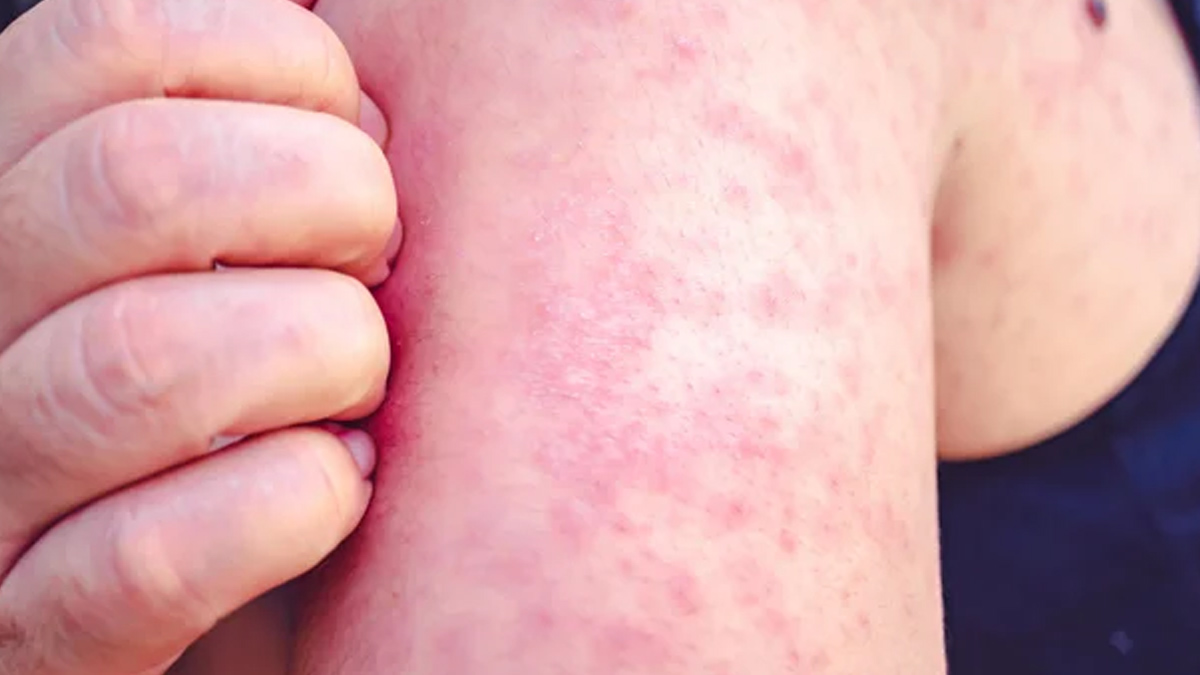
The measles outbreak in western Texas continues to escalate, with the latest data from the Texas Department of State Health Services (DSHS) confirming 279 cases. This surge, which includes 20 newly reported infections, places Texas close to the total number of measles cases recorded nationwide in 2023. The alarming spread of the highly contagious disease has health officials on high alert, urging residents to prioritize vaccinations and adopt preventive measures.
Table of Content:-
Unvaccinated Individuals at Highest Risk
The vast majority of reported measles cases in Texas involve individuals who are either unvaccinated or have an unknown vaccination status. Only two cases have been confirmed in individuals who were fully vaccinated, highlighting the significant role of immunization in preventing the disease. Among the total cases, 36 people have required hospitalization due to severe complications, according to DSHS.

Children and teenagers appear to be the most vulnerable in this outbreak. The highest number of infections—120 cases—have been recorded in individuals aged 5 to 17 years, followed closely by 88 cases in children aged 4 and under. Given the highly transmissible nature of measles, health experts anticipate additional cases will emerge in Texas and neighboring regions.
Measles-Related Deaths Raise Concern
The outbreak has already resulted in the first measles-related death in the U.S. in a decade. The victim, a child from Texas with no underlying health conditions, succumbed to the disease, according to DSHS reports. Another potential measles-related death has been recorded in New Mexico, where an unvaccinated individual tested positive posthumously. The official cause of death in this case remains under investigation by the New Mexico Department of Health (NMDOH).

Spread Across State Borders
Texas' escalating outbreak is not occurring in isolation. New Mexico, which shares a border with western Texas, has confirmed 33 measles cases this year, with a majority reported in Lea County. Health officials suspect a possible link between the Texas and New Mexico outbreaks but have yet to establish a definitive connection.
Also Read: WHO Warns Of HIV Drug Shortages In Nigeria, Kenya And Other Nations
The Centers for Disease Control and Prevention (CDC) has also confirmed 301 measles cases across 14 states, including Texas, California, Florida, and New York. Nationally, unvaccinated individuals remain the primary group affected, with a small percentage of cases occurring among those who received only one dose of the measles, mumps, and rubella (MMR) vaccine.

The Importance of Vaccination
The CDC strongly advises individuals to receive two doses of the MMR vaccine for optimal protection against measles. The first dose, typically administered between 12 to 15 months of age, is 93% effective, while the second dose, given between 4 and 6 years old, increases effectiveness to 97%.
Also Read: Managing Diabetes? Water Alone Won’t Cut It—Try These Drinks to Keep Your Blood Sugar in Check
In response to the growing outbreak, the CDC issued a public health alert on March 7, recommending that children in affected areas receive an early third dose of the MMR vaccine as an added precaution. Texas health officials are also urging parents of infants in high-risk areas to consider early immunisation.
Urgency to Contain the Outbreak
With the number of cases climbing and the potential for further spread, health officials are emphasizing the importance of vaccination, early detection, and prompt medical intervention. Measles is a highly contagious disease that can lead to severe complications, including pneumonia and encephalitis.
To curb the outbreak, health authorities are strengthening public awareness campaigns and increasing access to vaccinations. Individuals experiencing symptoms such as high fever, cough, runny nose, and a distinctive red rash are advised to seek medical attention immediately and isolate to prevent further transmission.
As the outbreak intensifies, Texas remains at the forefront of the nation's measles crisis. Whether the state can prevent further escalation depends on swift action, increased vaccination efforts, and community cooperation in combating this preventable yet dangerous disease.
Also watch this video
How we keep this article up to date:
We work with experts and keep a close eye on the latest in health and wellness. Whenever there is a new research or helpful information, we update our articles with accurate and useful advice.
Current Version